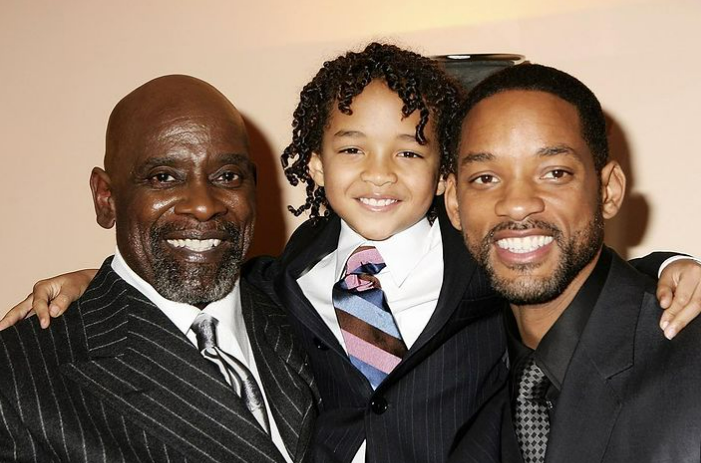THE PURSUIT OF HAPPYNESS
How does economic class affect us? Are we defined by how much money we are born into? Does it matter if our families are rich or poor? To dive deeper into economic class, it is important to understand the effect inheritance of economic class has on identity. In the movie The Pursuit of Happyness, based on a true story, Chris Gardner, played by Will Smith, struggles financially after a bad investment in bone density scanners. The economic hardships result in an unhappy marriage between him and his wife, where eventually Chris is left to care for their son, Christopher Jr., alone. In the scene that best represents economic class, Chris and Christopher Jr, who is five years old at the time, arrive at the train station after being kicked out of their hotel room for their failure to pay. Defeated and hopeless, Chris and Christopher Jr sleep in the train station bathroom that night. Christopher Jr, who is young and unaware of their financial problems, does not understand why they are sleeping on a bathroom floor or why they got kicked out of their hotel room. He shows the lack of understanding with outbursts of frustration and questioning why his mother leaves. The financial situation that Christopher Jr was born into sets the standard for his day-to-day life. From where we rest our heads at night to who we become friends with are all affected by the economic class into which we are born. When we focus on the big picture, “What is Identity”, we realize how big of a role our financial factors play. We view everything around us based on the things we obtain at birth but have no control over. From the culture and experiences we are surrounded by, to how we perform and how we perceive others/ourselves are all based on what we inherit like money and economic class.

Muccino, Gabriele, director. The Pursuit of Happyness. Sony Pictures Entertainment, 2006.